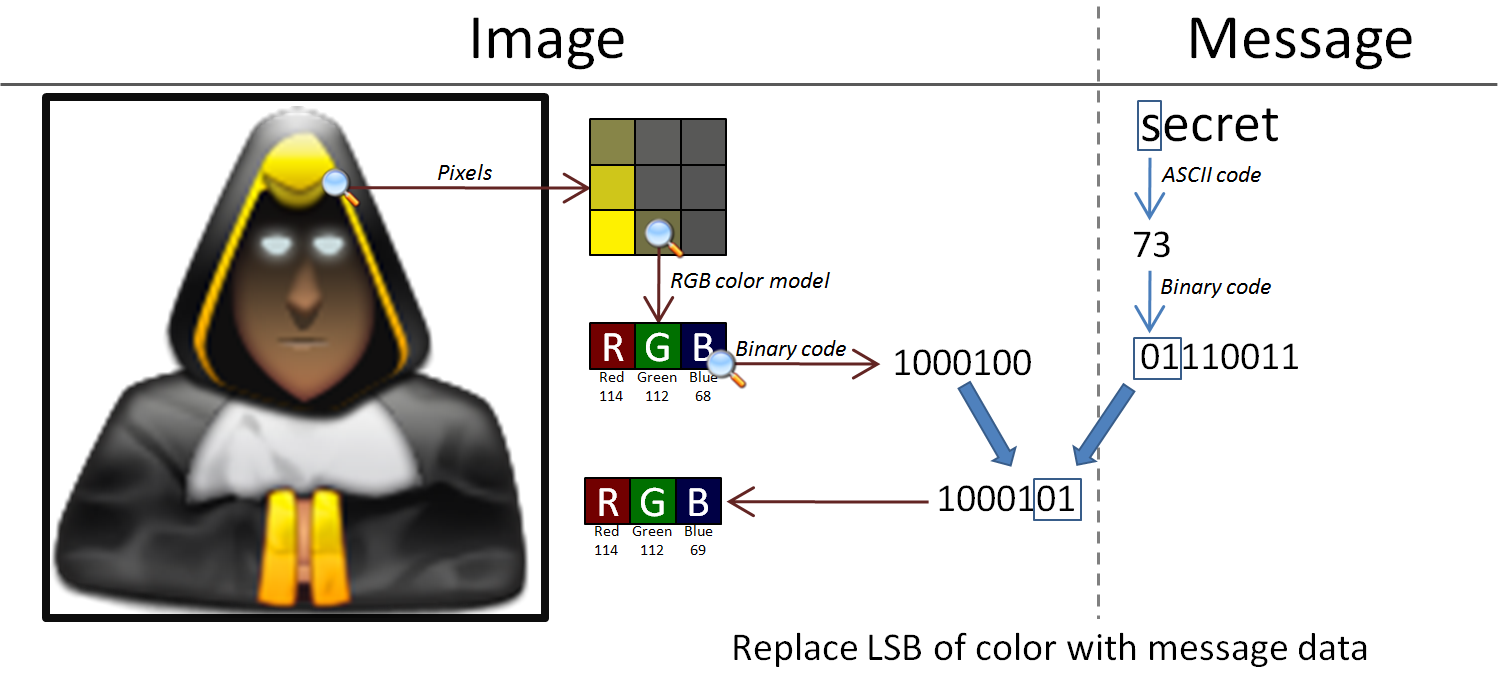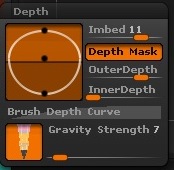Difference Between Embedding and Imbedding
• Categorized under Technology,Words | Difference Between Embedding and Imbedding
English has an extremely vast vocabulary that constitutes words and phrases presented in various contexts and in many ways. The English vocabulary is all about words and words are wealth to be accumulated and spent. Surprisingly, the words carry and express different and deep meanings. Memorizing words, spellings, meanings, forms, and learning how to use them form the primary aspects of English vocabulary. In English vocabulary, there are words that sound the same but have different meanings and different spellings. These words are called “homophones”. For example, mat and matte are two words that sound the same but they have different meanings.
Similarly, we come across words that are spelled differently but there’s no difference in their meaning, and both of them can be used as a substitute to each other. Two such words are ‘embedding’ and ‘imbedding’. It can be frustrating sometimes, or fun looking at all those confusing words, just like these two. It creates some sort of mixed opinion about whether ‘embedding’ is the right word or ‘imbedding’. For the record, let’s state that both the words are just different spellings of the same word. However, embedding (or embed) is the commonly used word.
Meaning – The word ‘embedding’ is a derivative of the word ‘embed,’ which means to include or to enclose closely in, or ingrained within something. It is a verb that can be used in many ways.

When to use ‘Embed’?
Examples of embed or embedded in a sentence:
- “How to embed global competence in educational institutions”
- “She wore a gold earring with a red gem embedded in the middle”
- “She has embedded her thoughts in the minds of millions of people”
- “A sense of guilt was deeply embedded in my conscience”
- “The nails are solidly embedded in the old plaster walls”
Similarly, the word ‘imbed’ or ‘imbedded’ can also be used because both ‘embed’ and ‘imbed’ are just two words with same meaning but different spellings. Imbed is just an alternative spelling of the word embed which is also correct to use. No spelling is more correct because both are accepted widely. The only difference may be due to the differences in the American and British English.

When to use ‘Imbed’?
Examples of imbed in a sentence:
- “The tech giant has succeeded in its efforts to imbed itself in the game”
- “They are sometimes found imbedded inside the crystallized limestone”
- “It is deeply imbedded in our world view”
- “It has become so imbedded that it cannot move”
- “You must, at all times, guard against imbedding the fish hook in the flesh”
The Bottom Line
So, the bottom line is, both the words ‘embed’ and ‘imbed’ are equally accepted and you can use either of them whenever you wanted. However, embed is the most common word today in widespread use and the preferred choice of word for formal writing contexts, like technical writing, academic writing, etc. Besides, both the spellings are correct whether it’s embedding or imbedding.
Outside his professional life, Sagar loves to connect with people from different cultures and origin. You can say he is curious by nature. He believes everyone is a learning experience and it brings a certain excitement, kind of a curiosity to keep going. It may feel silly at first, but it loosens you up after a while and makes it easier for you to start conversations with total strangers – that’s what he said."
- Difference Between Caucus and Primary - June 18, 2024
- Difference Between PPO and POS - May 30, 2024
- Difference Between RFID and NFC - May 28, 2024
Sharing is caring!
Search DifferenceBetween.net :
Cite
APA 7
Khillar, S. (2020, July 14). Difference Between Embedding and Imbedding. Difference Between Similar Terms and Objects. https://www.differencebetween.net/technology/difference-between-embedding-and-imbedding/.
MLA 8
Khillar, Sagar. "Difference Between Embedding and Imbedding." Difference Between Similar Terms and Objects, 14 July, 2020, https://www.differencebetween.net/technology/difference-between-embedding-and-imbedding/.
Leave a Response
Written by : Sagar Khillar. and updated on 2020, July 14
References :
[0]Image credit: https://commons.wikimedia.org/wiki/File:Seformatbmp-embedding_full.png
[1]Image credit: https://commons.wikimedia.org/wiki/File:%D0%93%D0%B8%D0%B7%D0%BC%D0%BE_%D1%83%D1%81%D1%82%D0%B0%D0%BD%D0%BE%D0%B2%D0%BA%D0%B8_%D0%B3%D0%BB%D1%83%D0%B1%D0%B8%D0%BD%D1%8B_%D0%BA%D0%B8%D1%81%D1%82%D0%B8.jpg
[2]Ticak, Marko. “Imbed Vs. Embed.” Grammarly, Grammarly Inc., https://www.grammarly.com/blog/imbed-embed/. Accessed 13 April 2020.
See more about : embedding, Imbedding
